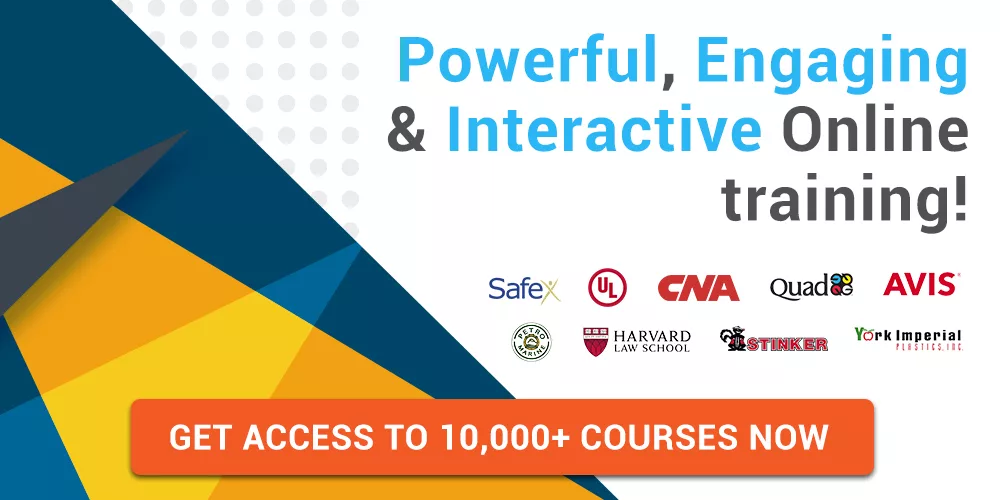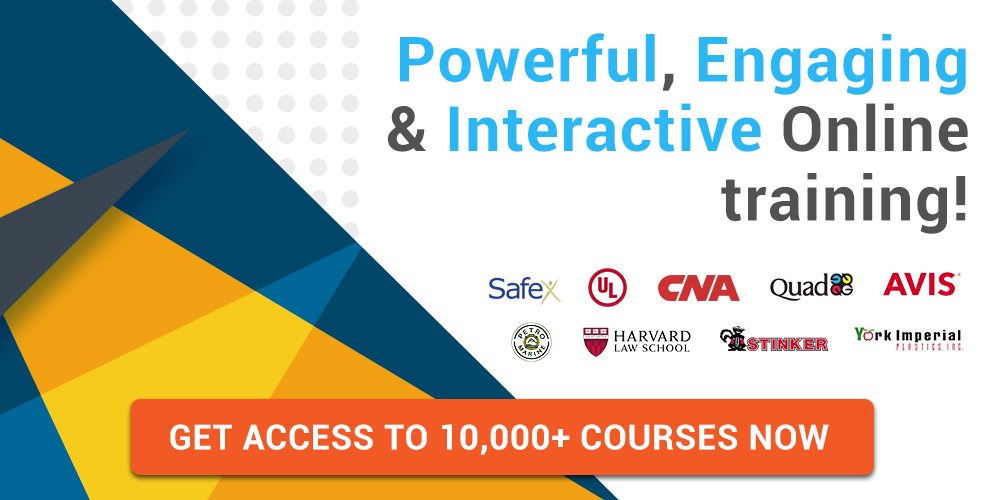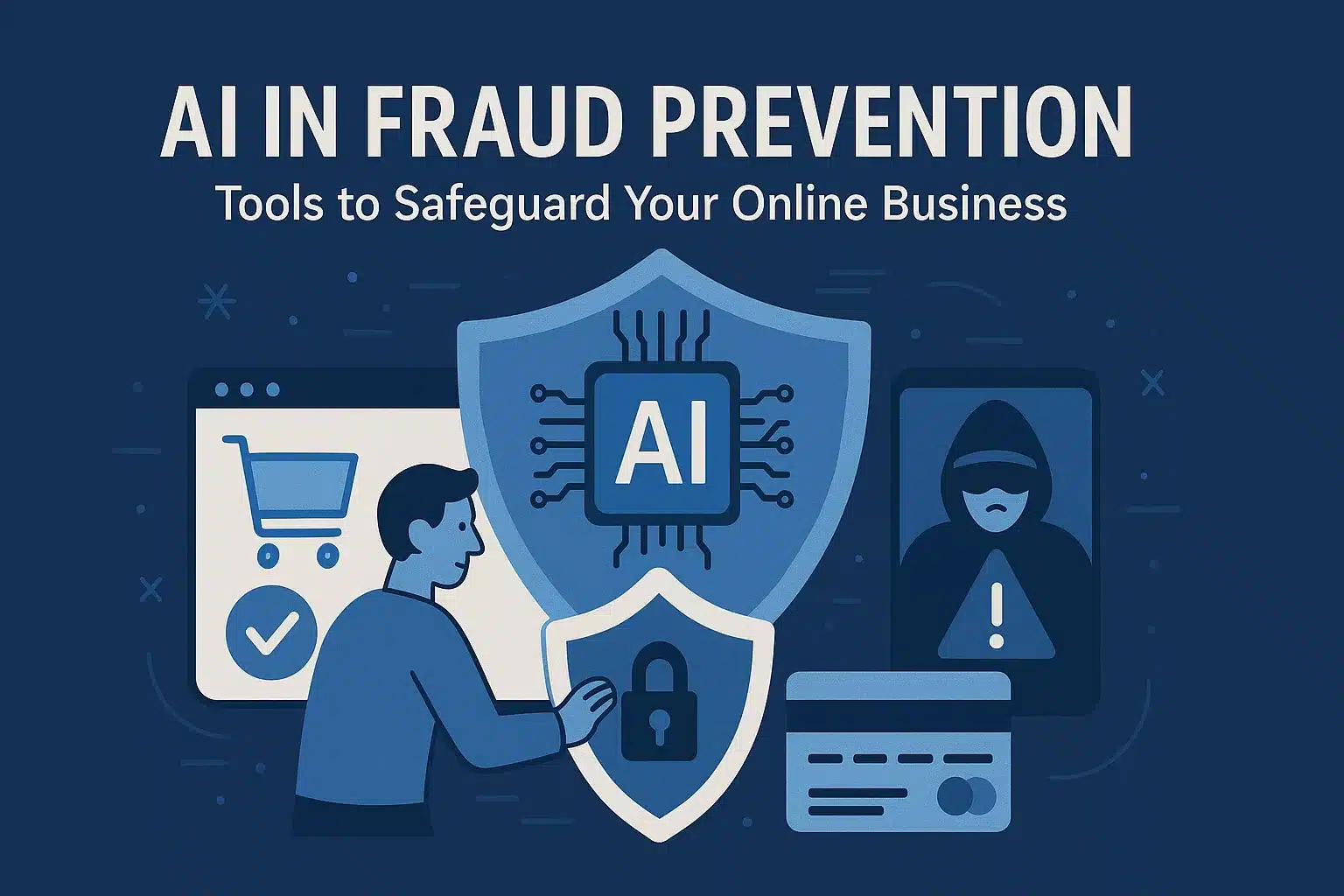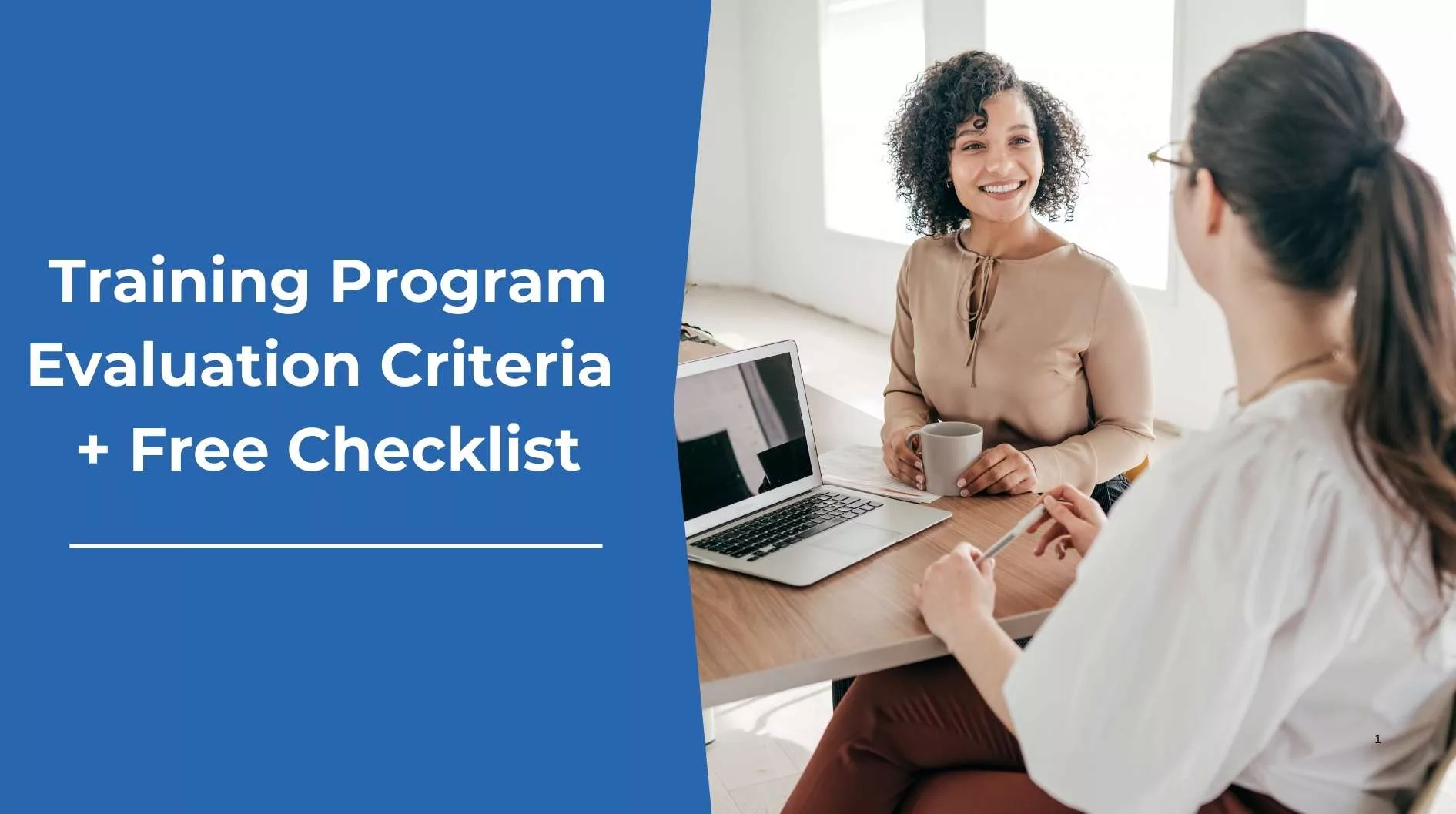Social Media Pros and Cons for Educators: What You Need to Know
Like it or not, most of us are decidedly online most of the time. We can’t go without social media, be it LinkedIn, Facebook, X (formerly Twitter), or Instagram. However, it comes with challenges and risks, even in its glory.
Let’s explore them all through this blog and learn ways to mitigate them.
Save Thousands Of Dollars With Coggno Prime Subscription
Risks of Social Networking for Educators
As mentioned above, social networking challenges educators and can impact their personal and professional lives.
Let’s break down these risks and discuss ways to cushion them.
Privacy Concerns
Why: Educators may unknowingly expose personal information to the public. It may compromise their privacy.
How: Educators should review and adjust the privacy settings on their social media accounts and safeguard their privacy. By doing so, they can control who sees their posts.
Data Privacy And Cybersecurity Course
Professional Boundaries
Why: Mixing personal and professional life on social networking sites can blur boundaries. It can also lead to uncomfortable situations.
How: Educators should clearly distinguish between their personal and professional lives online. One way to do so is to create separate accounts for professional use. They should also be mindful of the content they share online with the public.
Professional Boundaries Course
Cyberbullying and Harassment
Why: Educators are vulnerable to online harassment and cyberbullying. It can be emotionally distressing and disturbing.
How: They should be prepared to deal with online trolling. Furthermore, they should also know how and when to report abusive behavior and block users.
Cyber Awareness Training Course
Burnout and Stress
Why: Managing the emotional toll of online interactions, including negative comments or criticism, can lead to burnout.
How: Educators should practice self-care and seek support from colleagues or mental health professionals when needed.
Reputation Damage
Why: Inappropriate or controversial posts can damage an educator’s reputation. It will have a lingering effect on their career.
How: Educators should think before posting anything online. They must consider the potential consequences of their words and actions.
Time Management
Why: Educators can get distracted by being online and ignoring their teaching responsibilities.
How: Educators should strive to balance their online and offline lives. They must also set limits on social media use during work hours.
Social Networking Risks For Educators – Academic SM101 Course
Why Do Educators Use Social Networking?
Although social media has its fair share of trolling and bullying, educators have compelling reasons for embracing it. Let’s look at the motivations behind their active participation.
Professional Networking
Social networking enables educators to connect with peers, share insights, and collaborate on educational projects.
Resource Sharing
Social media allows Educators to access various educational materials, lesson plans, and teaching strategies.
Engaging with Students
Social media provides a platform for educators to connect with students outside the classroom, fostering a sense of community.
Personal Development
Continuous learning and skill enhancement are possible through social networking, where educators can access webinars, workshops, and training materials.
How Can Educators Leverage Social Networking Safely?
To harness the benefits of social networking while keeping the associated risk at bay, educators must take some precautionary steps:
Setting Privacy Settings
Customizing privacy settings allows educators to control who can access their personal information and posts.
Creating a Professional Online Presence
Maintaining a professional image online is essential for educators to build trust and credibility.
Cybersecurity Measures
Protecting against hacking and data breaches is crucial to safeguarding personal and professional information.
Implementing Social Media Policies
Creating and enforcing responsible social media use guidelines can help educators maintain professionalism.
Social Media Risks for Educators: SM101 Course
When Should Educators Use Social Networking?
Timing is crucial when it comes to educators’ use of social networking. Let’s explore the various scenarios in which social media can be effectively utilized.
Classroom Integration
Incorporating social media in the classroom can enhance the learning experience and engage students. Educators can use platforms like Twitter or discussion forums to facilitate class discussions, share relevant content, and encourage student participation.
Outside Classroom Hours
Educators can maintain a presence on social media to stay connected with students, parents, and colleagues. Set aside specific times for social media interactions, ensuring it doesn’t interfere with teaching responsibilities.
Networking Events and Conferences
Social media can enhance participation in education-related gatherings and conferences. Educators can use platforms like LinkedIn or event-specific hashtags to connect with peers, share insights, and stay updated on conference activities.
Social Media In The Workplace (Course)
Student Support
Offering guidance and assistance through online channels can help students navigate their educational journey. Educators can create dedicated spaces on social media platforms for students to seek help, share resources, and discuss coursework.
Additional Resources for Educators
Here are some additional resources to help you navigate this dynamic landscape:
Education-Focused Blogs and Websites
Explore blogs and websites dedicated to educational technology and best practices. These platforms offer a wealth of articles, tips, and insights to enhance your teaching methods.
Professional Development Courses
Consider enrolling in online courses related to educational technology and social media use in education. Platforms like Coggno offer courses tailored to educators’ needs.
Educational Podcasts
Podcasts can be a convenient way to learn about new trends and ideas in education through informative discussions and interviews.
Social Media Platforms
Join education-focused groups and communities on social media platforms like Facebook, LinkedIn, and Twitter. These groups provide opportunities to connect with fellow educators, ask questions, and share experiences.
Maximize Training, Minimize Costs With Coggno Prime
Online Webinars and Workshops
Many organizations host webinars and workshops on educational topics. Watch for these events to expand your knowledge and connect with other educators.
Professional Associations
Consider joining professional associations. These organizations will provide the necessary resources and support for educators navigating the digital landscape.
Books on Educational Technology
Explore books on educational technology and digital teaching strategies.
Online Communities
Participate in online communities and forums where educators discuss challenges, share resources, and seek advice.
Stay Informed
Regularly check educational news sources and social media feeds to stay up-to-date with the latest developments in education and technology.
Conclusion
Social networking can potentially enhance communication, professional development, and student engagement. However, it should be approached thoughtfully and responsibly to avoid potential pitfalls. With the right training, educators can harness the benefits of social networking.



















